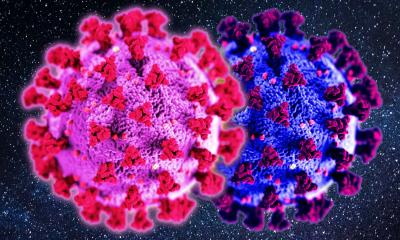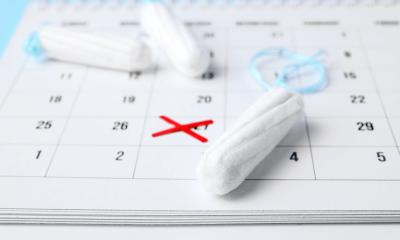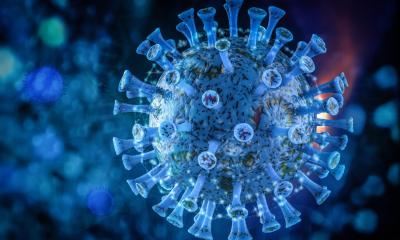Image source: Shutterstock/Fida Olga
News • Gender equality in clinical trials
Women in Covid-19 research: a good start, but...
There has been a "positive shift" in inclusive gender practices in Covid-19 vaccine research, but there is still room for improvement, experts say.
Women have been equally recruited and represented in randomised control trial research about Covid-19 vaccine safety, efficacy and effectiveness, according to a new study by The George Institute for Global Health and The Australian National University (ANU). The mini review article is published in the journal Frontiers in Global Women's Health.
The researchers argue the trend is helping improve decades of women being overlooked in major health research. "We found some really positive research practices for gender inclusivity," lead author, Dr Amy Vassallo, from The George Institute, said. "We found women have been recruited equally for randomised control trials for Covid-19 vaccines and in observational research the majority of participants were women. This differs from the usual narrative that women are under-represented in research projects. To think just a couple of decades ago women were actively excluded from research. This is a big improvement." However, the study found that while women and men were equally recruited in trials, data on gender was not often reported or presented.

Image source: ANU
During the pandemic, researchers around the globe have called for sex disaggregated data to be made available, which could uncover important findings about Covid-19 testing, incidence, severity, hospitalisations and deaths for men and women. The study examined more than 300 published papers on Covid-19 vaccines and looked at the gender balance of participants and the availability of sex disaggregated data. The researchers say gender data is important for public health practice and are calling for collection and reporting of sex and gender data as routine immunisation practice. This kind of information can influence the community's vaccination participation in response to the pandemic, they say. "The review showed there was increased representation of women in Covid-19 vaccine research, but the majority of studies did not disaggregate their safety outcomes by sex," co-author Dr Meru Sheel, from ANU Research School of Population Health, said. "While we know these vaccines are overall safe and effective, we have a lack of data regarding unique impacts for women and men and from low- and middle-income countries."
For example, some studies have suggested higher reported nausea and vomiting in women, and higher reported fever in men who experience adverse events related to Covid-19 vaccines. "We need to increase public trust and researching outcomes for men and women will help that enormously," Dr Sheel said. "This study shows there is progress but we still have a way to go with gender data collection and reporting. It should be routine practice and we could be collecting even more diverse data from under-represented groups."
Source: Australian National University
03.11.2021











